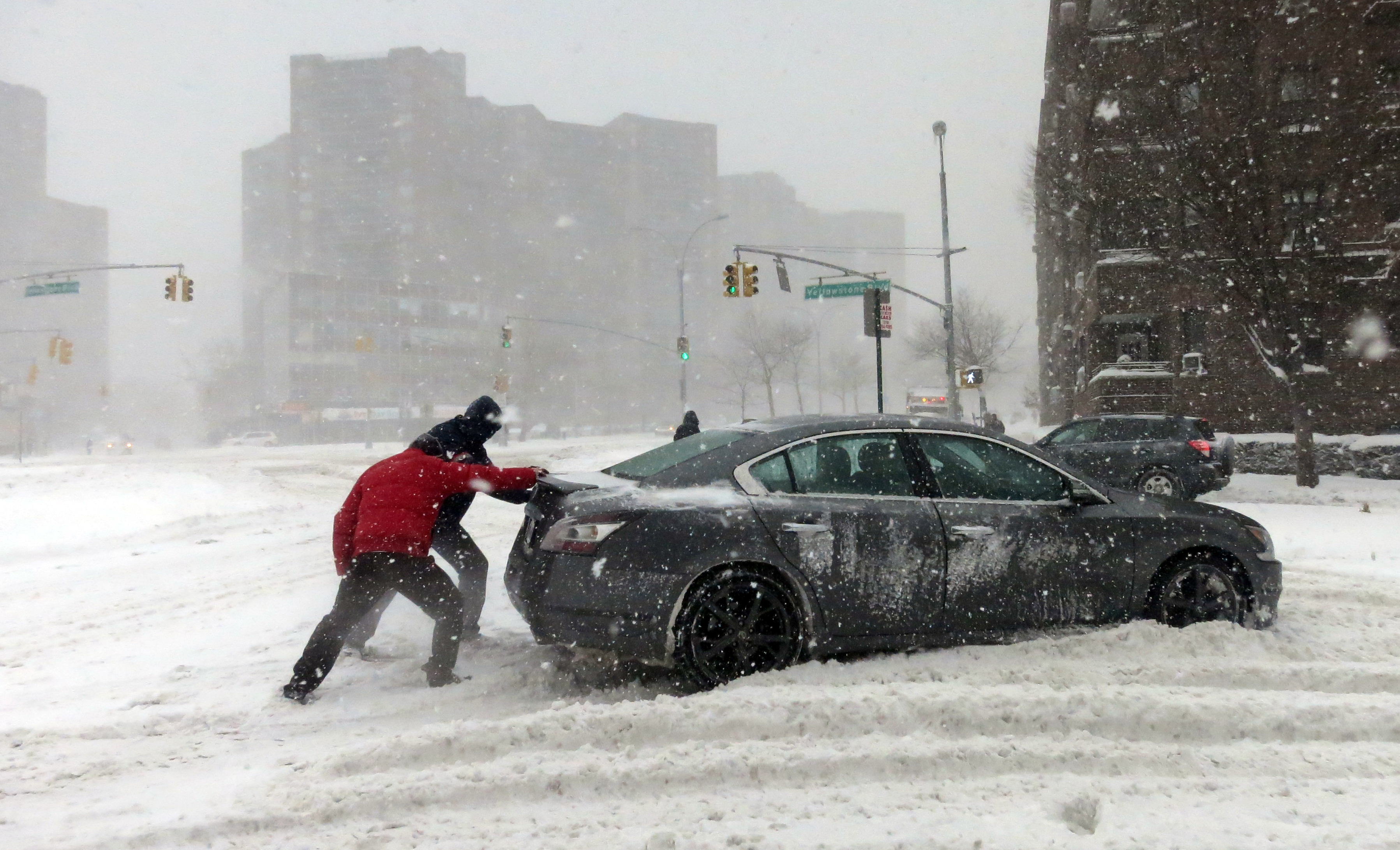Be kind
This Christmas, exercise kindness more


What's the meaning of Christmas? As a Christian, I have a readymade answer: Love.
After the cross, Christmas is the most striking sign of the central claim of humanity: that God, almighty and all-powerful, made himself powerless for our sakes.
Christmas is political, of course. Each year, the pope reminds us that Jesus' parents were refugees, and homeless, on the night of the nativity. And, as I have previously written, the writers of the New Testament consciously and explicitly wrote their narratives, especially the Christmas narrative in the case of Luke, as war stories, and wrote the gospels as declarations of war on sin and hatred, yes, but also on the Roman Empire, which they viewed as corrupt and in thrall to demons.
The Week
Escape your echo chamber. Get the facts behind the news, plus analysis from multiple perspectives.

Sign up for The Week's Free Newsletters
From our morning news briefing to a weekly Good News Newsletter, get the best of The Week delivered directly to your inbox.
From our morning news briefing to a weekly Good News Newsletter, get the best of The Week delivered directly to your inbox.
But the problem today is that we politicize Christmas too much. We politicize everything too much.
And here's the thing: You don't need to be a Christian to apply the meaning of Christmas.
We usually think of moral dispositions like kindness as given characteristics. We're born kind or not, just like some people are born cruel or not, or tall or not, or redheaded or not.
In reality, morality is a muscle. Some of us are born with more or less predisposition to having strong muscles, yes, but the way you make a muscle strong is by working it. And to use it over, and over, and over again. This is something that has been taught by the world's most estimable philosophical and religious traditions for millennia, and is increasingly backed up by modern science.
A free daily email with the biggest news stories of the day – and the best features from TheWeek.com
So here's my only request for Christmas: Be kind.
I don't mean that in a mawkish, feel-goody way. Quite the opposite. The way to be kind is not to experience feelings. The way to be kind is to consciously and deliberately decide to perform more and more acts of kindness. Like dropping pounds, this is something to which you have to apply yourself every day, even — and especially — when it doesn't feel pleasant.
Start with your family. Every year I am saddened by the joking references to Thanksgiving family reunions being occasions for recriminations and hostility. At Christmas, make a conscious, deliberate effort to be kind to all your family members. Each and every one of them. Even small acts of kindness, like offering them the last piece of pie. Even symbolic ones, like helping them carry their heavy suitcases from the car to the front door.
Then move on to other people. When someone says something to you, make a conscious effort to understand their perspective before you speak back. Again, I mean that concretely. Imagine that you're quizzed on your ability to be able to say, "I believe X and feel Y because Z," so that the person you're talking to would recognize those words as her own. Then once you've chewed on that, say something.
Finally, but only when you've made a sustained effort to be kind to the people around you, you should shower acts of kindness upon strangers. For example, a lot of people will be homeless and hungry this Christmas. Perhaps spend a few hours working in the church kitchen, or handing out coats to the less fortunate. Be kind to everyone in the process.
None of us can boost our kindness levels overnight, just like none of us can go from couch potato to athlete overnight. Which is why Christmas is a great time to get some practice in. Try it on for size.
You may enjoy it. But even if you don't, that's all the more reason to keep at it. Just like going to the gym.
Pascal-Emmanuel Gobry is a writer and fellow at the Ethics and Public Policy Center. His writing has appeared at Forbes, The Atlantic, First Things, Commentary Magazine, The Daily Beast, The Federalist, Quartz, and other places. He lives in Paris with his beloved wife and daughter.
-
 5 chilling cartoons about increasing ICE aggression
5 chilling cartoons about increasing ICE aggressionCartoons Artists take on respect for the law, the Fourth Amendment, and more
-
 Political cartoons for January 24
Political cartoons for January 24Cartoons Saturday's political cartoons include 3D chess, political distractions, and more
-
 Ryanair/SpaceX: could Musk really buy the airline?
Ryanair/SpaceX: could Musk really buy the airline?Talking Point Irish budget carrier has become embroiled in unlikely feud with the world’s wealthiest man
